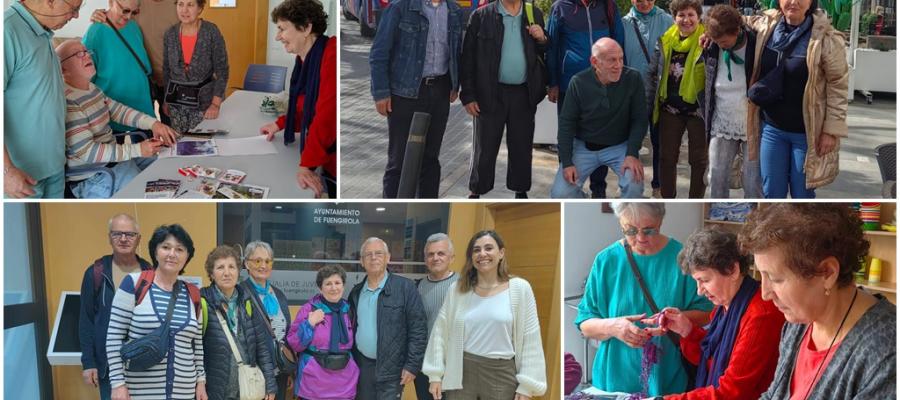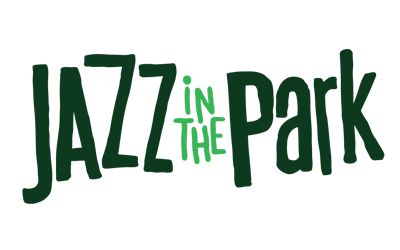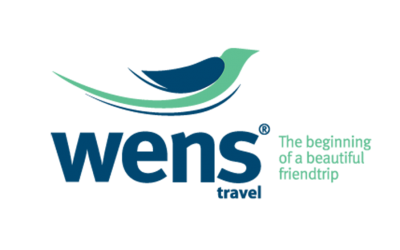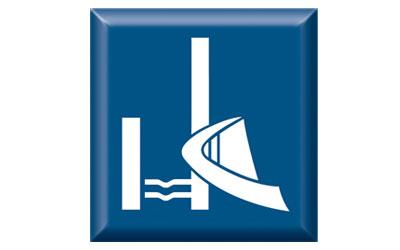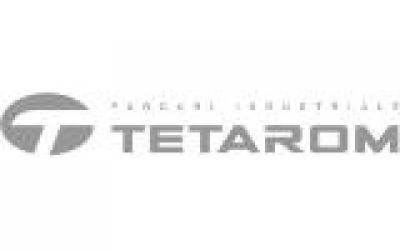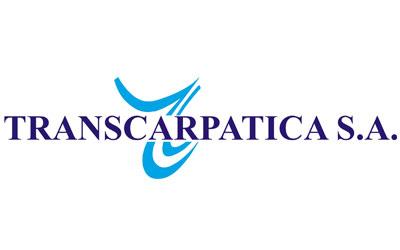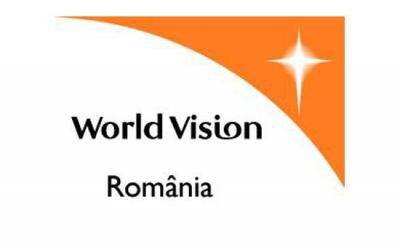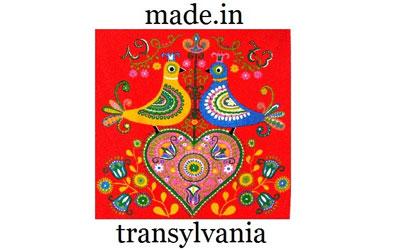15 seniors from day centres in Cluj-Napoca and 18 employees of the partner cultural institutions within the Erasmus+ programme benefited from specialisation courses in areas such as digitisation, communication through games and storytelling during the second year of accreditation. The mobilities, from June 2023 to August 2024, meant learning and exploration experiences lived by seniors from day centres in Cluj-Napoca, Spain. The activities carried out over the last 12 months aimed at identifying the needs of inclusion in modern society based on the use of technology and digital applications in everyday life. It has also addressed multiple aspects of socio-cultural preparation, identification of needs and problem solving in order to carry out the mobilities in the best conditions. In this sense, training and information sessions on all aspects of mobilities have been held regularly. The lifelong learning process is not only aimed at those people who are professionally active, but at anyone who is keen to learn and improve their skills and quality of life, ultimately. That is why I have put effort and labour into this wide-ranging project, which has been rewarding since the first year. I am sure that the final results will be far beyond our expectations and that the beneficiaries, who have already gained confidence in their own abilities, will be more and more numerous. (Andreea Iasko, project manager) Three mobility teams of 5 senior beneficiaries (over 65 years old) were organised to travel to Fuengirola, Spain. Throughout the mobilities there were visits to centres for seniors and teenagers with communication and expression problems, cultural exchanges of information, exchange of materials to promote cultural and social identity (collage workshops, traditional dances, tasting of traditional dishes, visits to museums and adaptation to modern techniques of target identification). If we are to talk about new things assimilated, I can refer to acquiring more emotional and functional comfort in new spaces, by getting used to new technology. All the beneficiaries have finally succeeded in being able to integrate into the new ways of digital communication, not only while travelling, but also back home where they actually share what they have learned with their colleagues at the centre and beyond. (Ligia Bocșe, counsellor at the Day Centre for Seniors No 2 in Cluj-Napoca) Participating in Erasmus + mobility is an added value especially for the employees of partner cultural institutions because they have the opportunity to attend courses held in different EU countries by specialists in different fields related to museography and museum pedagogy. They also have the opportunity to forge transnational links with colleagues with similar concerns, from other European museums and cultural institutions. Access to mobilities is, on the whole, a unique opportunity to combine the acquisition of new knowledge and the creation of future collaborations, to implement attractive projects at local, regional and national level, and to get to know the current European cultural space.
Up to 2027, the Erasmus+ mobility project run by the Ethnographic Museum of Transylvania will try to develop new partnerships and to identify even more beneficiaries to have access to European mobility programmes.
The Ethnographic Museum of Transylvania in Cluj-Napoca, an institution subordinated to the Cluj County Council, is consortium leader in this Erasmus+ project for adult education until 2027, together with other cultural institutions such as the Cluj County Centre for the Preservation and Promotion of Traditional Culture, Maramureș County Museum of Ethnography and Folk Art, "Octavian Goga" Memorial Museum, and the main beneficiaries from Cluj are the members of the Day Centres for the Elderly, within the Cluj Social and Medical Assistance Department, an institution subordinated to the Cluj-Napoca City Hall.
The Erasmus+ K2 mobility programme for adult education has been running at the Ethnographic Museum of Transylvania since 2022 and, until 2027, more than 50 people will benefit from courses and workshops that will mainly aim at acquiring new digital skills for seniors and developing skills for non-formal education of museum and cultural institution workers.


